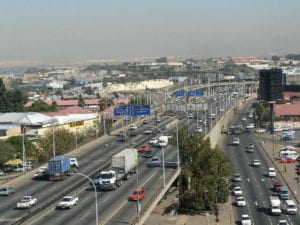Gauteng residents have been urged to participate in and cooperate with fieldworkers currently conducting a transport survey in and around the province.
The survey, which is being conducted by the Council for Scientific and Industrial Research (CSIR) and the Gauteng Department of Roads and Transport, is a large-scale research project to survey a sample of transport patterns of households in the province According to the CSIR 37 000 households have been selected to participate in the survey which ultimately aims to assist government to plan for future investments in transport infrastructure in the province.Transport planning and measuring progress
The survey, which starts on 22 March 2019 (Pilot), will seek to gather comprehensive data on the travel behaviour of commuters and the results (data) will be used for transport planning and to measure progress in solving transport challenges. Speaking at the official launch of the survey in Pretoria, the MEC for Roads and Transport in Gauteng, Dr Ismail Vadi, appealed to residents of Gauteng to open up their homes to enumerators to conduct interviews, noting that the survey would not take more than 45 minutes.“Understanding travel patterns in the city region, as informed by continuous data collection exercises, is critical to assist with an enhanced understanding of travel behaviour in the province,”Vadi explained.








